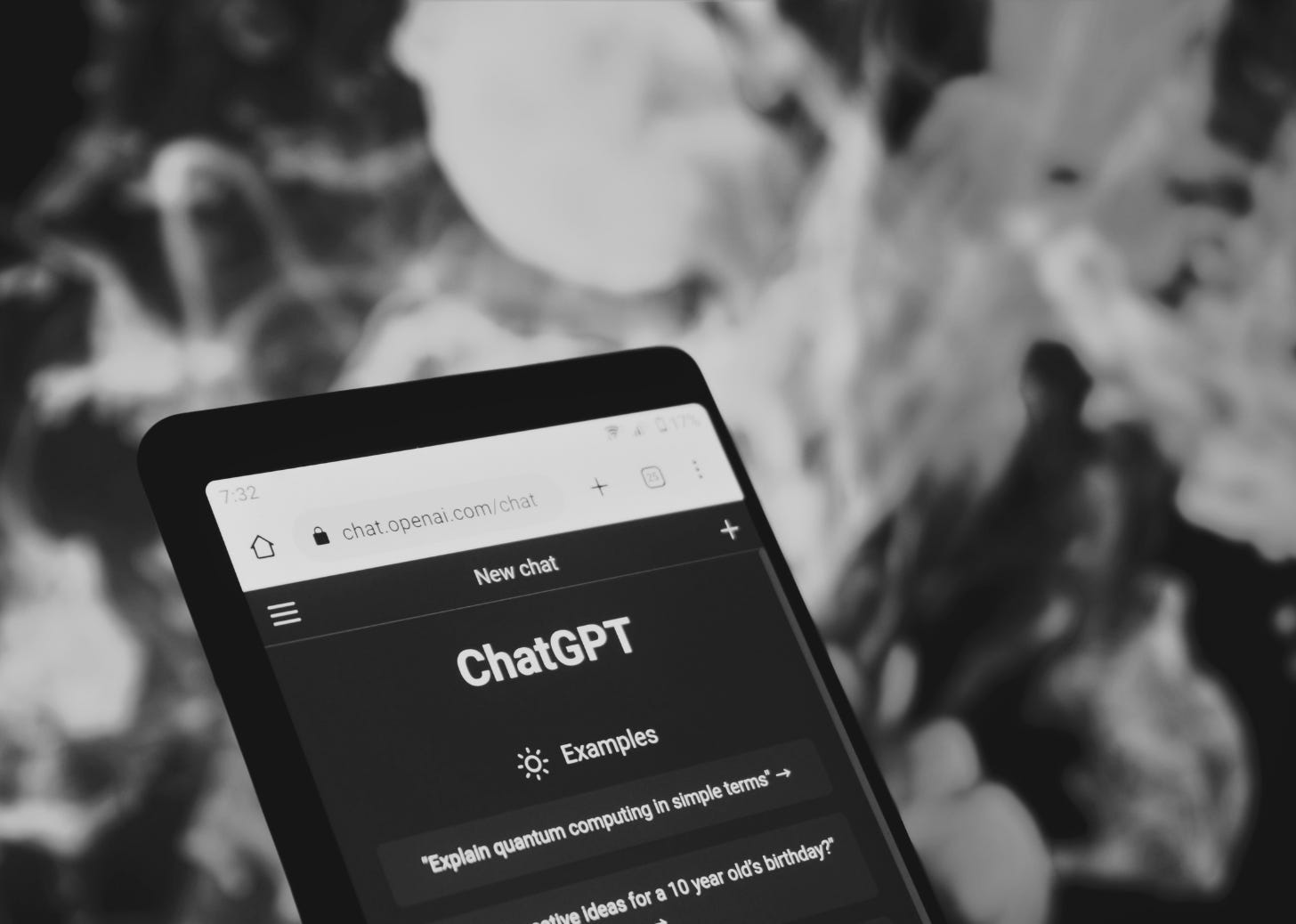AI in higher education: To embrace or reject? Generative AI is reshaping our approach to learning and experts advise we make peace with it.
Concerns over the use of generative AI for cheating have prompted several educational institutions, including Russell Group universities, to take proactive measures and prevent its usage during exams and coursework submissions.
But banning AI entirely misses the point as we can’t disregard its potential to support and enhance student learning, experts say.
Rather than imposing a ban, educators should explore ways in which AI programmes could be integrated into students’ higher education experience.
Eight Russell Group universities have already warned students about using ChatGPT for coursework and have classified it as a form of 'academic misconduct', as reported by Poppy Wood in the i newspaper. As Wood notes in her article, educational institutions are adopting this radical approach out of concern that the sophisticated chatbot poses a threat to the credibility of assessments.
Dr Tjeerd Olde Scheper is a senior lecturer and subject coordinator for BSc Computer Science and Computing for Robotic Systems at Oxford Brookes University. He is well acquainted with the field of artificial intelligence and vocal about the benefits of AI in education outweighing potential negative effects.
Dr Scheper's explanation sheds light on how AI chatbots operate, revealing that they are based on a lot of information mostly drawn from the Internet. ChatGPT uses this information to express relationships between words and predict their most likely order within a given context. It is a probabilistic model that generates text based on the patterns it has learned from the data it has been trained on. However, it doesn't actually understand the meaning behind the text it produces and can only reflect on what it can predict based on the patterns it has learned. This means that it would be unable to come up with any original predictions or ideas, which is crucial especially for creative, essay-based subjects.
According to Dr Scheper, Chat GPT is not as advanced as it is often believed to be. He specifically points out that the AI chatbot struggles with making connections within threads, as it tends to generate standalone paragraphs that lack reflection. For instance, Chat GPT finds referring to and drawing on earlier responses difficult as it is incapable of self-reflective analysis and is not ‘aware’ of what it actually writes.
The senior lecturer points out that assessments requiring summaries could indeed be easily copied from ChatGPT: ‘This level of cheating has been around for some time, even in my own school days. The summaries of textbooks and standard books that we all had to read were readily available. We shared photocopies with each other, not because we wanted to cheat, but because it gave us insight into how other people saw the text.’
He suggests that ChatGPT could actually be advantageous to students by speeding up the research and learning process, and showing how other people have written about specific topics. This, in turn, can allow students to generate their own ideas and conclusions.
Dr Scheper asserts that punishing students for using resources that are already widely available is not an effective way to fight plagiarism and AI chatbots. Rather, he suggests placing a greater emphasis on assessments, what they actually test, and how they can measure students' knowledge and critical thinking skills.
The lecturer also suggests that educating students and encouraging them to think critically would increase their ethical use of AI technology, allowing them to utilise it as a resource rather than a tool for cheating:
‘Personally, I see AI models as bringing people back to what the purpose of education is at all. What is the reason for being at university? What are the intended outcomes of the learning process? If obtaining a degree without putting in the effort is the only objective, then one is in the wrong place. If the goal is to develop one's mental capacity and knowledge to become a more effective practitioner in a given field, then these AI models can be highly beneficial.’
The Future of Education
AI technology has numerous applications within educational institutions, and it is important not to overlook its potential benefits. Dr. Matthias Rolf, a senior lecturer in the School of Engineering, Computing, and Mathematics at Oxford Brookes University, outlines ways in which utilising AI in education could be advantageous for both lecturers and students:
‘One area of impact is AI-based learning analytics’, says Dr. Rolf. He explains that this involves using AI to analyse student’s past academic achievement and engagement data, which can help educators better understand their progress and predict future performance. For students, this can facilitate greater insight into their academic progress in relation to their peers.
‘It helps lecturers, in particular in their role as academic advisors, to early on catch students who are likely to fail without intervention and provide the necessary support,’ notes Dr. Rolf.
The lecturer also acknowledges the potential benefits of utilising AI language generators:
‘Chatbots like ChatGPT provide a whole lot of challenges, but also great opportunities for students and lecturers. I think an interesting way of future usage would be to use AIs like this for automated formative feedback at virtually no cost, which enhances both learning and achievement if used in addition to the existing “human” feedback methods.’
When asked about Oxford Brookes’s utilisation of AI, Dr. Rolf admitted that the university has yet to implement cutting-edge technology, but he believes that this is likely to change with the advent of large language models and chatbots. However, he notes that the university has already conducted a pilot study to test the use of AI learning analytics, allowing students to view their engagement in relation to their cohort, and the positive effects seen so far are encouraging regarding the potential use of AI in education.





